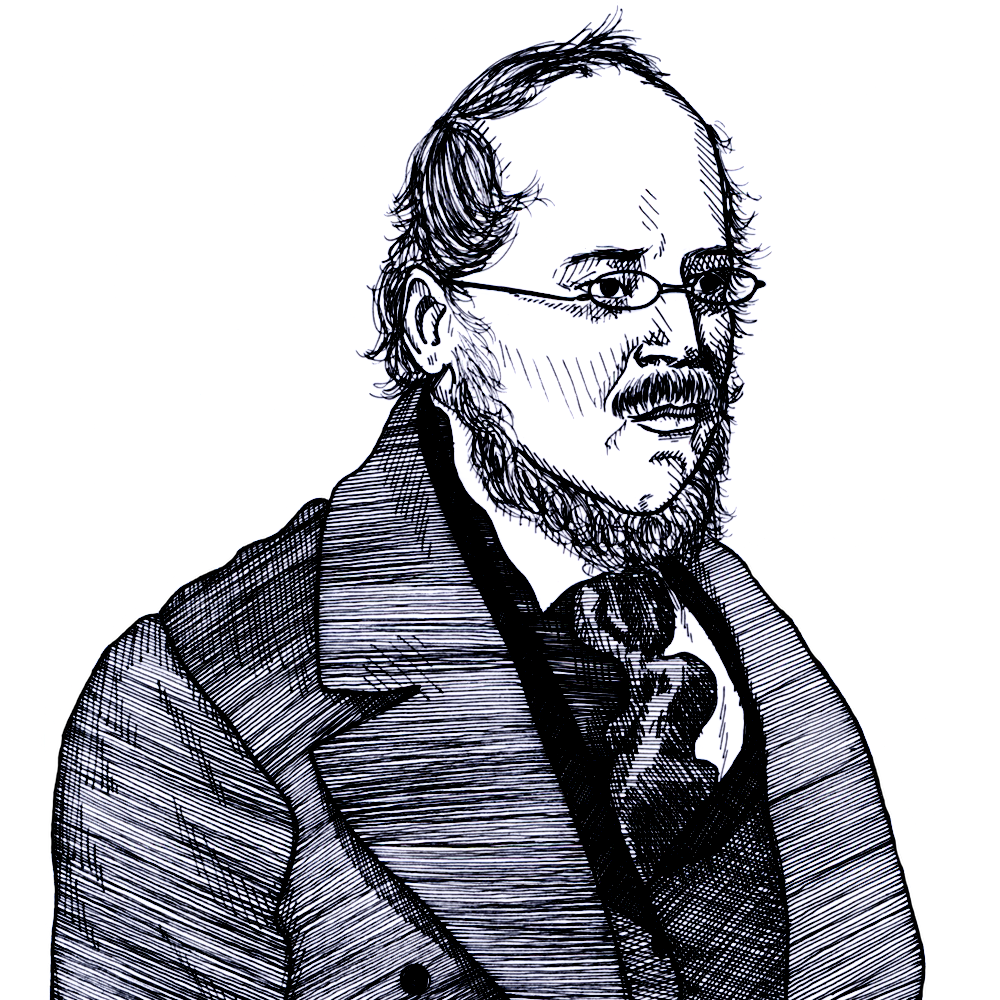
Friedrich List and Manufacturing Power
Found in: The National System of Political Economy
The rationale for limited and temporary protection to allow the establishment of an “infant industry” can already be found in Adam Smith’s 1776 Wealth of Nations as one of the two exceptions that, with qualifications, Smith accepts for the general rule of free trade ( national defense being the other one). With less reluctance, Alexander Hamilton in 1791 advocated for protective tariffs based on the same reasoning, making the argument for protection to “infant industry” explicit.
Economics
The nation must sacrifice and give up a measure of material property in order to gain culture, skill, and powers of united production; it must sacrifice some present advantages in order to insure to itself future ones. If, therefore, a manufacturing power developed in all its branches forms a fundamental condition of all higher advances in civilisation, material prosperity, and political power in every nation (a fact which, we think, we have proved from history); if it be true (as we believe we can prove) that in the present conditions of the world a new unprotected manufacturing power cannot possibly be raised up under free competition with a power which has long since grown in strength and is protected on its own territory; how can anyone possibly undertake to prove by arguments only based on the mere theory of values, that a nation ought to buy its goods like individual merchants, at places where they are to be had the cheapest—that we act foolishly if we manufacture anything at all which can be got cheaper from abroad—that we ought to place the industry of the nation at the mercy of the self-interest of individuals—that protective duties constitute monopolies, which are granted to the individual home manufacturers at the expense of the nation? (FROM: Chapter XII: THE THEORY OF THE POWERS OF PRODUCTION AND THE THEORY OF VALUES)